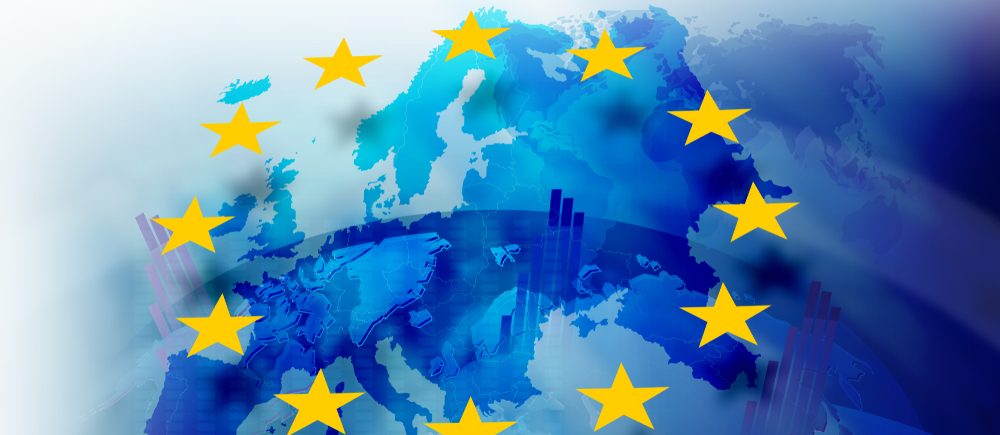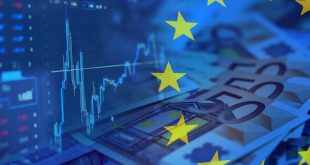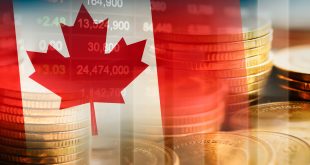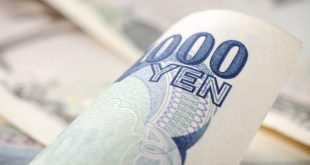European stock markets saw modest declines on Friday, capping a week marked by political upheaval in Germany, key central bank decisions, and a fresh wave of corporate earnings reports. The early trading session reflected investor caution as markets assessed the long-term impacts of ongoing events.
Market Performance:
- DAX (Germany): Down 0.1% but remained the outperformer for the week, with a gain of 0.6%.
- CAC 40 (France): Dropped 0.2%, showing a modest weekly rise of 0.2%.
- FTSE 100 (UK): Fell 0.1%, ending the week with a 0.5% decline.
Political Turmoil in Germany:
Germany’s political landscape has experienced significant upheaval. Chancellor Olaf Scholz faced strong opposition from Friedrich Merz, leader of the Christian Democratic Union (CDU), who not only rejected Scholz’s outreach efforts but called for a no-confidence vote. This heightens the risk of a snap election, contributing to market anxiety.
Although this instability could potentially exacerbate economic challenges, some analysts see a silver lining. A more cohesive government emerging from the crisis might pave the way for fiscal stimulus, offering hope for Europe’s largest economy, which has struggled in recent quarters.
Chinese Economic Policy in Focus:
Investors are also closely watching developments from China, where the National People’s Congress Standing Committee is expected to shed light on potential economic stimulus measures. Any new policies could have significant ripple effects, particularly for markets sensitive to global growth signals.
Corporate Earnings:
- IAG (International Airlines Group): Shares surged over 6% following a robust third-quarter report. The airline group recorded a 15.4% increase in operating profit and a 7.9% rise in revenue. Additionally, a €350 million share buyback program provided a boost to investor sentiment.
- Richemont: The luxury goods company saw its stock rise by 2%. Although overall sales were flat, Richemont managed to offset tough market conditions in China with growth in other regions.
European investors continue to navigate a complex environment, balancing corporate resilience with political and economic uncertainties. Global developments, including central bank policies and fiscal measures from major economies like China, remain pivotal as markets look for clearer direction.
 Noor Trends News, Technical Analysis, Educational Tools and Recommendations
Noor Trends News, Technical Analysis, Educational Tools and Recommendations





